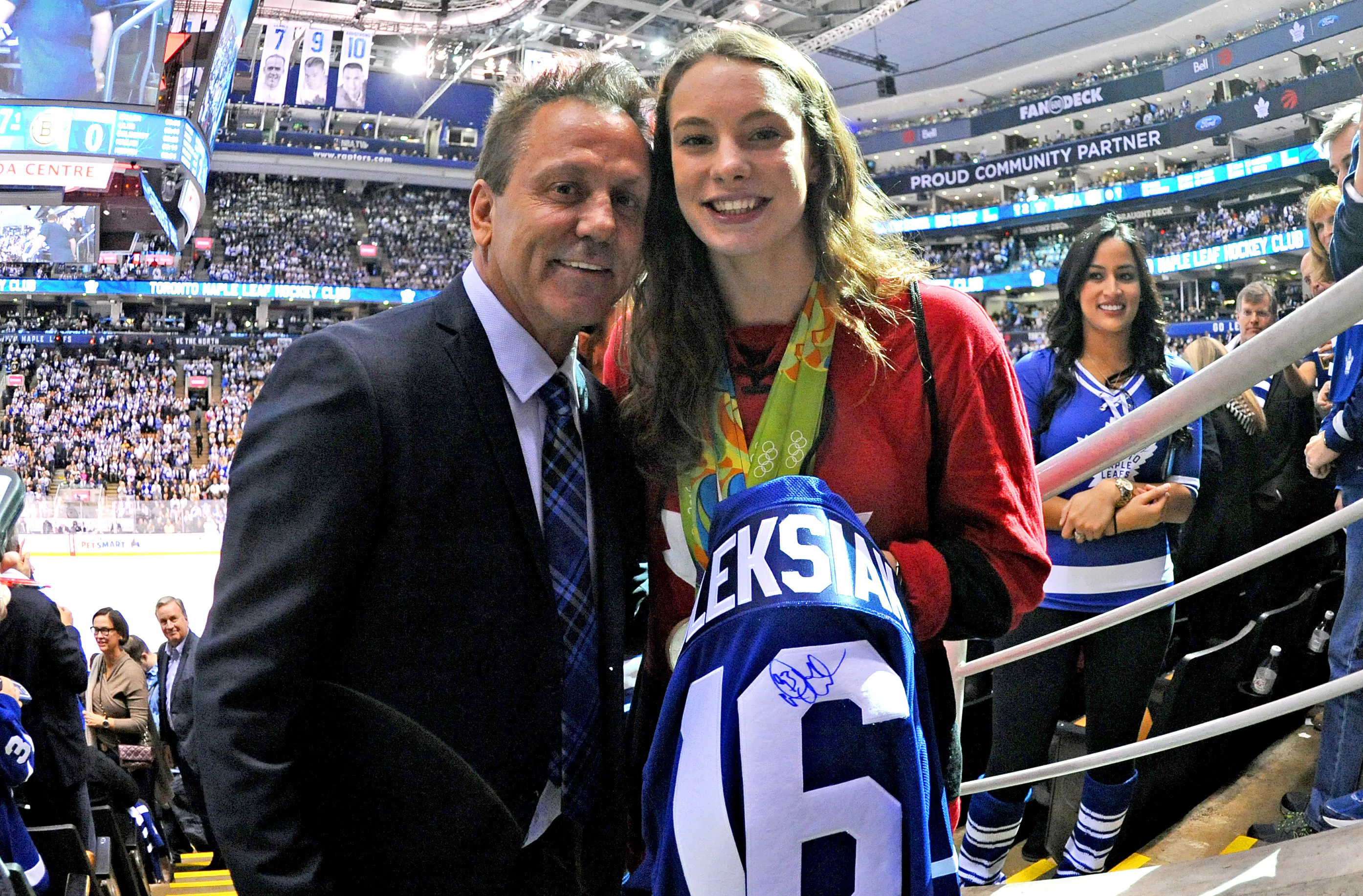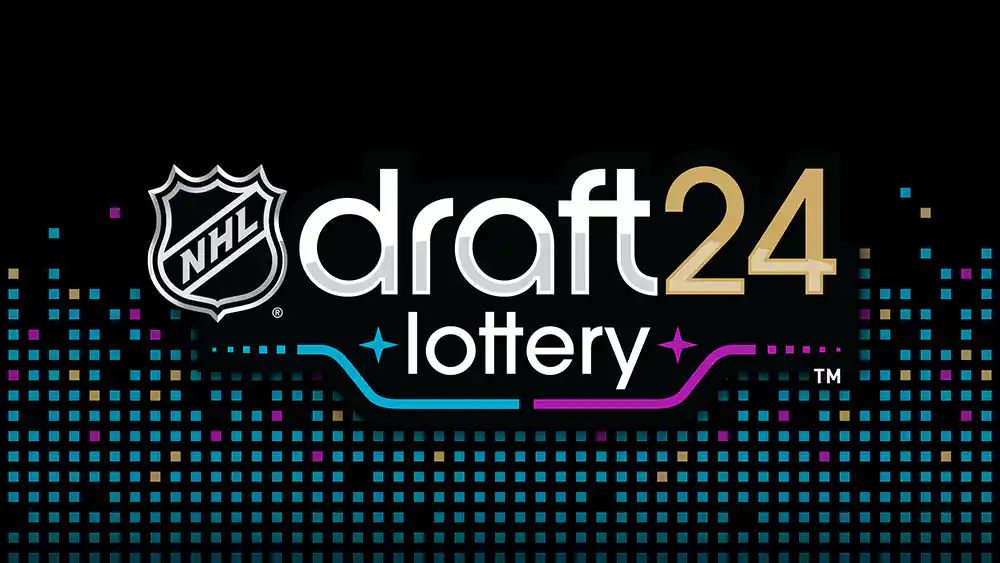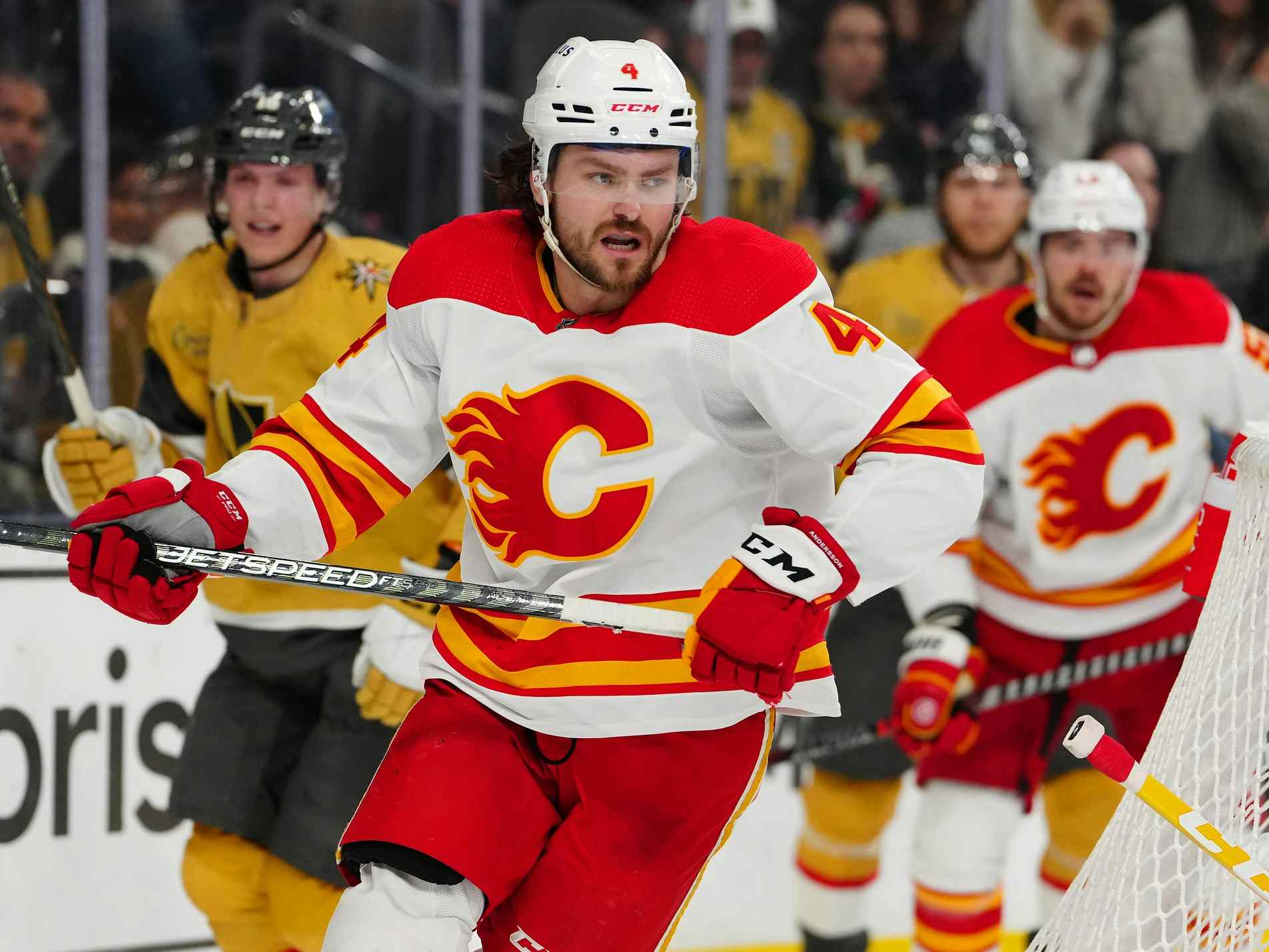Going one-on-one with Doug Gilmour

By Ryan Pike
6 years agoIt’s probably safe to characterize Doug Gilmour as a pretty good hockey player. During his illustrious National Hockey League career, he had 1,400 points, 1,300 penalty minutes, stints as captain in Toronto and Chicago, and a Stanley Cup win with the Calgary Flames in 1989. Gilmour has chronicled his life and hockey career in his new book, Killer: My Life In Hockey, and he’s about to embark on a book tour that will see him criss-cross Canada.
In anticipation of Gilmour’s book-signing stop in Calgary at the Indigo location in Dalhousie on Wednesday night at 7 p.m. (be sure to get there early to get one of 300 wristbands for the signing), we chatted with the Hockey Hall of Famer and current president of hockey operations of the Ontario Hockey League’s Kingston Frontenacs.
FN: You’ve gotten a bit of experience on the management side since you’ve retired, was it a lot different than what you expected from your time as a player?
It really was. When I was with Toronto, I worked with John [Ferguson] Jr. there a little bit. A little bit with Cliff [Fletcher] as well when he came back, I was kind of director of player personnel and so you see different sides. I like playing, how’s that? [Laughs]
FN: When Fletcher started with the old Atlanta Flames, he was basically the entire hockey operations department. Now it’s a lot more complex and specialized, it seems.
Indeed. That’s the one thing I noticed right away as the GM. Especially the GMs in the NHL, they don’t have time to watch the junior kids all the time. You’re directly hands-on with the team in front of you. The assistant GM is really the guy that really goes out and does most of the drafting. And obviously, the first couple rounds the GM will see, kind of dictate where he wants to go with that, it’s really his decision. That’s what I found, for my draft, probably the first three, four rounds… I work with my scouts, too, don’t get me wrong, but that’s my pick. And then after that, I don’t know the guys well enough and they’re the ones that pick up ‘this guy’s got this, this guy’s got this’ and you’ve got to believe in them. That’s what your staff’s all about, right?
FN: Around here, there’s a lot of talk about how guys like Jarome Iginla have played for so long without winning a Stanley Cup. And then there are guys like yourself and Theoren Fleury who won Cups early and then never made it back. Your book really emphasized the mental grind of chasing the Cup and how hard it is to make it back, and it’s probably even harder now with the NHL’s parity and 31 teams.
It is. And again, we had some good runs here in Toronto. Then I get traded to Jersey and you think you have the opportunity to go to a good team again, and it just doesn’t happen. A guy like Jarome, many guys have gone through that that haven’t won. It is frustrating because your career, even though I played 20 years it felt like eight. You think that ‘I’m gonna get back there one day,’ and it never happened.
FN: The book shares a lot of stories about how crazy your time with the Leafs was, both on and off the ice. What was your experience like during your Flames run?
It was different. The team that we had there, obviously our leadership with Lanny and Pep and Timmy Hunter, Brad McCrimmon, the list goes on. As far as the lineup goes, the forwards, Nieuwendyk and our line, we just kind of shared the wealth. Some nights they were better than we were, sometimes we were better than them. It was a fun problem to have. Then you had your third line with Joe Mullen, again Pepper, Mark Hunter, Brian McLellan, Jiri Hrdina, pretty loaded team. Then obviously Theo came in that year, too, halfway through and just made our team that much better.
FN: So there aren’t any crazy stories of fans in Calgary coming to your house or anything like that.
No, not at all. It was totally different. Very [respectful], the fans were great. They were happy to see you when they did see you but, it was just a little bit different. And I obviously told the story there about getting a letter, that was nuts. Just like ‘I’m gonna die on this day?’ Now you’ve got to pay attention to this, because when you get this fan mail and stuff, you can’t go through it all all the time. And this is the one I got, so it was like ‘wow.’ That was different. And the other side, which I mentioned in the book, there were kids sitting on our lawn after we lose and throwing beer bottles at my house. Like, okay this is nice. It’s just different.
Honestly, the year I came in, the ’92 season where I got traded out of Calgary. Played a quarter of the year with Toronto, saw some positive signs and I know we didn’t make the playoffs, but as a player it’s like okay, this team isn’t as bad as how it was at one point. I wasn’t there when they were having the bad days, and then Cliff obviously added pieces throughout the summer and year and that was how it changed.
FN: Speaking of positive signs, Sam Bennett hasn’t scored a goal yet [at the time of the interview] but is generating chances. Is it just a matter of him keep doing what he’s been doing and it’ll start going in for him?
And you know what, once it does it’ll be a piano off his back. Everybody kinda goes through this. My career, I’ve been on 10-game slumps, 12 games where you don’t get a goal or you don’t get whatever it might be. His work ethic’s there, his commitment’s there, it’s gonna happen. Just you gotta slow down the process sometimes, because I’m sure he gets asked every day. It’s one of those things that you can’t think about it. You’ve gotta go out and your brain works in a different way.
How I say that, is some days when you’re injured, or you have a cold or you’re not feeling that good, you go out and play and you play better because you’re compensating for how you’re feeling and your brain’s working better and you’re doing the right things. And then other days you feel great out there and you’re healthy, but you’re chasing the puck the whole game. So that’s my biggest thing with Sam, don’t chase the puck the whole game, just do what you’ve gotta do.
And he’s a smart player, he’s got a lot of character. He’s gonna be fine for you guys and sometimes, this stretch is hard on him and I know his teammates, his peers, we were all part of that at one time, we’re supporting him so he’ll get through it.
Recent articles from Ryan Pike





